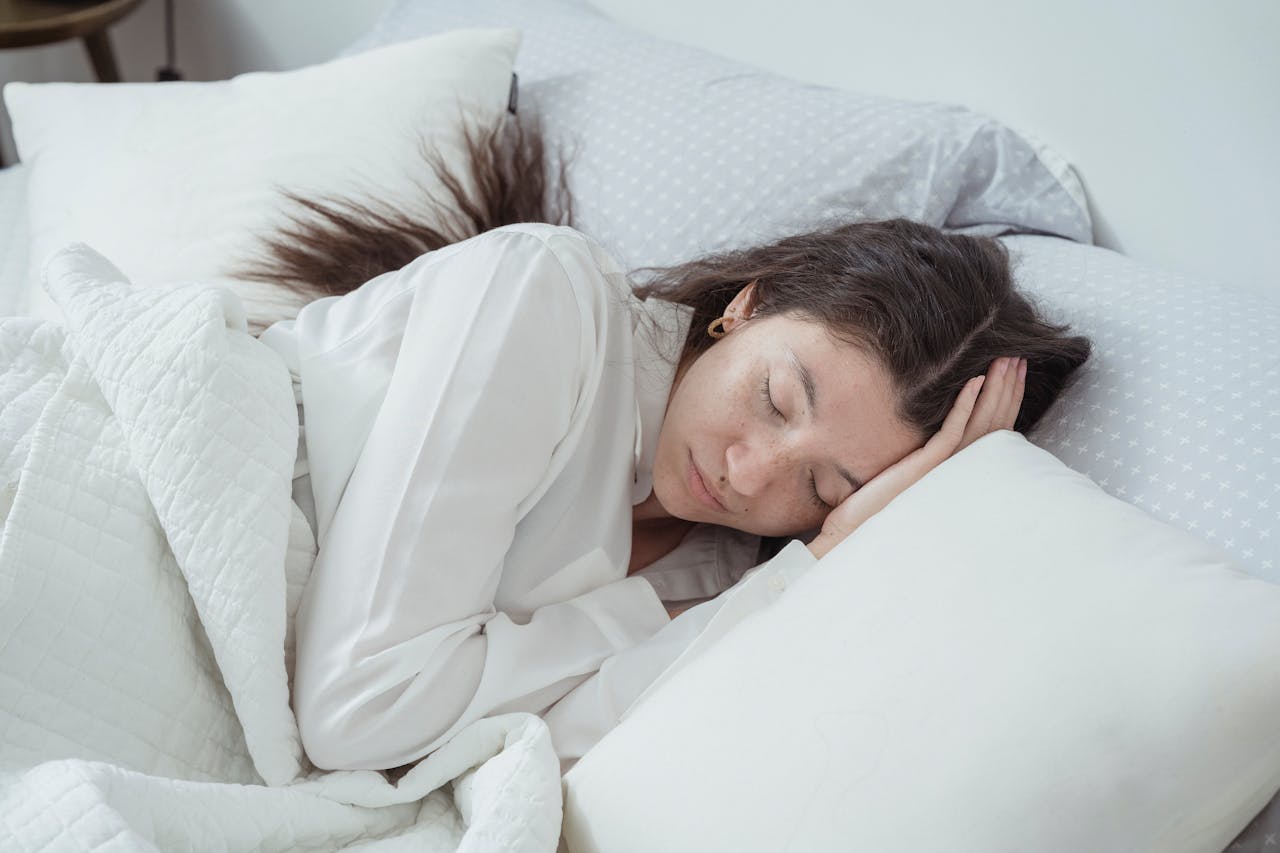Copyright © 2024 - Gearlabblog.com

When it comes to natural sleep aids, most people know the basics: take a bath, avoid heavy meals, and stay away from screens. But experts suggest there are many more tweaks to your evening routine that can help you get a better night’s sleep.
Dr. Ankit Parekh, an assistant professor of sleep medicine at the Icahn School of Medicine at Mount Sinai, shares his top dos and don’ts for a restful night’s sleep.
1. Avoid Eating Chocolate and Spicy Foods
Choosing the right evening meal is crucial. Eating late, especially after 8 PM, can lead to weight gain and poor sleep. Spicy and fatty foods can cause indigestion and heartburn, disrupting your sleep.
2. Limit Caffeine Intake
Keep coffee for the morning hours. Caffeine’s stimulating effects can last up to six hours, making it hard to wind down. Dr. Parekh suggests quitting coffee before 3 PM.
3. Watch Alcohol Consumption
Alcohol may make you feel sleepy, but it reduces sleep quality. It decreases the time spent in deep sleep stages, essential for body repair. Regular alcohol intake can also increase the risk of sleep apnea, a condition where breathing stops during sleep.
4. Skip Intense Cardio Late in the Evening
While exercise is generally good for sleep, intense cardio after 7 PM can raise your heart rate and body temperature, making it difficult to fall asleep.
5. Avoid Screens Before Bed
Stay away from screens like your phone, laptop, or tablet an hour before bed. The blue light can interfere with your ability to fall asleep.
1. Set the Right Room Temperature
Use air conditioning to keep your bedroom between 66-72°F (18-22°C), which is ideal for sleep.
2. Keep Your Room Clean and Relaxing
A tidy bedroom can help you fall asleep faster. A 2017 study found that a decluttered bedroom aids in better sleep.
3. Practice Relaxation Techniques
Stretching, mindfulness, or breathing exercises can help calm your mind before sleep. Start winding down two hours before bed to signal your body it’s time to sleep.
4. Maintain a Consistent Sleep Schedule
Going to bed at the same time every night helps improve overall health. Consistent sleep schedules align with your body’s natural circadian rhythm.
5. Get Plenty of Daylight
Exposure to sunlight during the day helps regulate your body’s circadian rhythm, making you naturally sleepy at night.
By following these expert tips, you can improve your chances of getting a good night’s sleep.